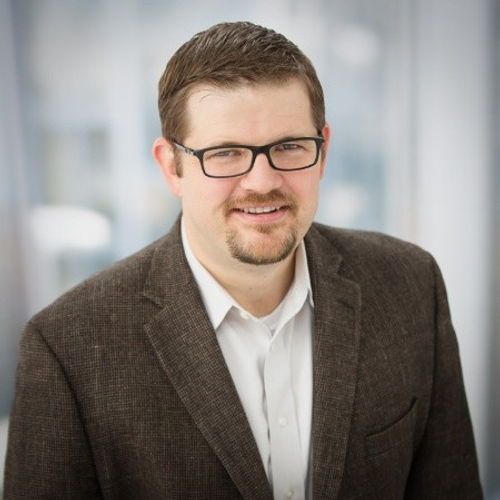full
FOA 227: Finding Product-Market Fit and Talent with Joe Dales
Great show for you today, especially for the entrepreneurs in the audience. We have on the show Joe Dales, who in his current capacity is the CoFounder and President of Agri & Food Innovation at RH Accelerator in London, Ontario, Canada.
In this episode, we talk about the importance and the elusiveness of product-market fit - meaning creating not just a great product or service, but one that the market is eager to pay for. We also talk a lot about attracting and retaining talent to the ag industry, and the future of work.
Joe’s extensive experience in bringing innovations to the market really shines through in this episode. He has been involved in successfully launching over 40 agtech innovations ranging from crop protection products, to seed varieties, to biologicals, to software companies. In 1998, he co-founded Farms.com Ltd. and AgCareers.com which have grown to become a leading supplier of innovative solutions to farmers, agriculture and food companies around the global, he remains a major shareholder and director.
Be sure to stay tuned to the end of this episode for great stuff from Joe, but also a startup spotlight. This one is another Canadian company, from a few provinces over in Alberta. Rob Saik makes his third appearance on this show to talk about his newest venture AgVisorPro, so make sure to stick around for that at the end of today’s show.
Joe Dales Quotes:
“I’ve always looked at where innovation in agriculture come together, and think about how they can help farmers.”
“You'll know when you get product-market fit, you definitely know when you don't have it, because there's crickets. I'll take it to (farmers like) my brother or my best friend, and say, ‘Hey, what do you think of this?’ And they'll go, ‘that's nice’, but they aren't gonna use it.”
“Building (software) is sometimes the easiest part. It’s the education, it’s the branding, it’s getting people using it.”
“Our sector isn't a true consumer sector. It's more B2B than B2C because every decision can be hugely costly. If they make a bad decision, you know, on selecting a crop or where they spend their time. And they've got it to do list usually a mile long, especially in season. So giving them a new scouting app or giving them a new tool. You better show them how it'll save them time and money, and that it's proven.”
“Just about every company I'm dealing with, talent is the number one issue. They could scale; they could do things a lot more quickly. But there's a farmer or there's a CEO and he needs four more highly motivated, highly skilled, highly networked individuals to help them grow the business.”
“We look at the product and the concept: where is it? Do we like it? And then quickly we move right to the founders: what do we think of them? Do they know the sector? You know, if they want to do something on dairy farms: are they from a dairy family? Unless you're from it and really intimately knowledgeable about the sector, or willing to pay the price and go out and visit, you’re higher risk.”
“So all these technologies are swirling around in our sector and this just, how do we, how do we onboard them? How do we get them up and running? And how do we help farmers get the value out of them? Because once they do that, then there's real companies there.”
“I wake up everyday trying to help farmers save money (and/or) make money through innovation. And I've had success, but still I love doing it every day. It gets me moving early in the morning and I’m very passionate about it. And I feel good in some small way, we're helping feed the world. So it's pretty easy to remain motivated.”
Rob Saik Quotes:
“The number of times through the course of the year, when a farmer could reach out to really talk to people with deep domain expertise that could help the farming operation are numerous”
“If farmers or anybody out there has deep domain knowledge in farm software, like a Climate Fieldview or Granular or Trimble ag software. They could list themselves as a software expert and help other people in the sector. It could be other farmers helping other farmers.”
“But coming through COVID people are starting to realize that technology can shrink time and space. We can stretch brains and not bodies, just as we're doing right now (recording this podcast), we can solve problems from a distance.”

